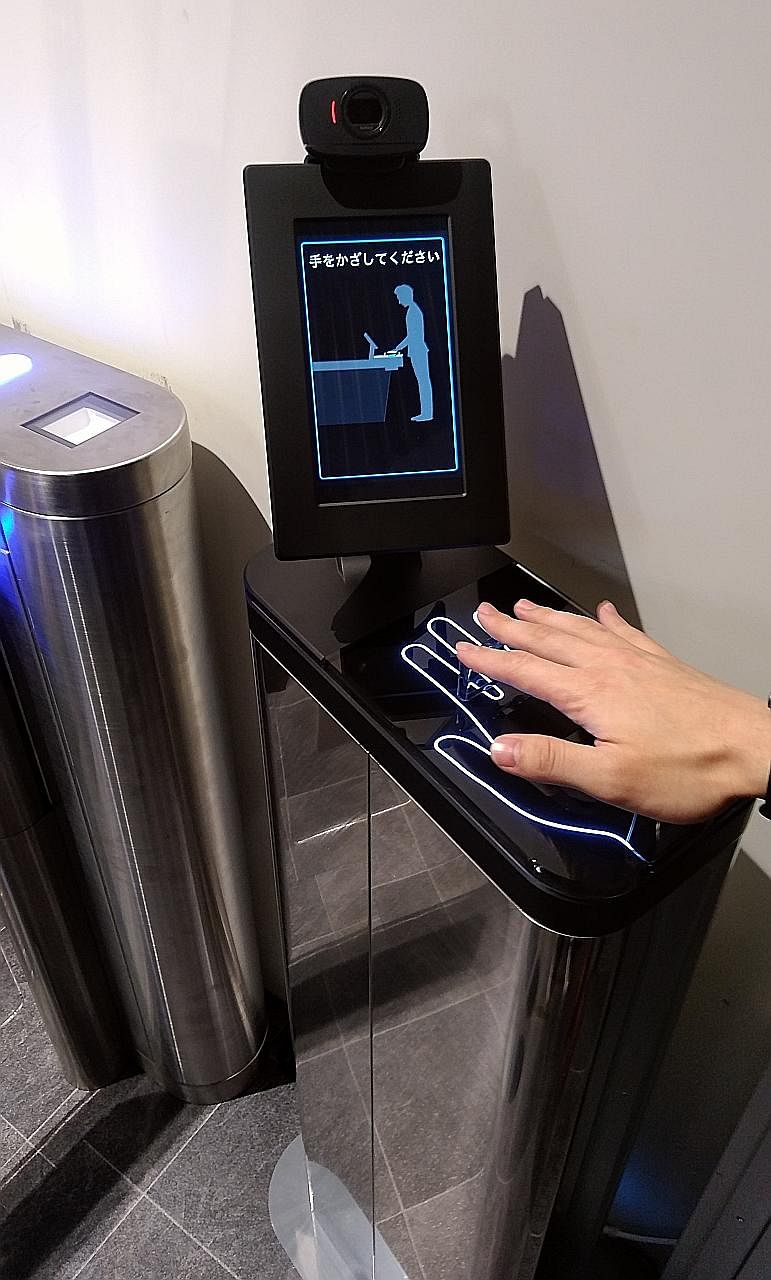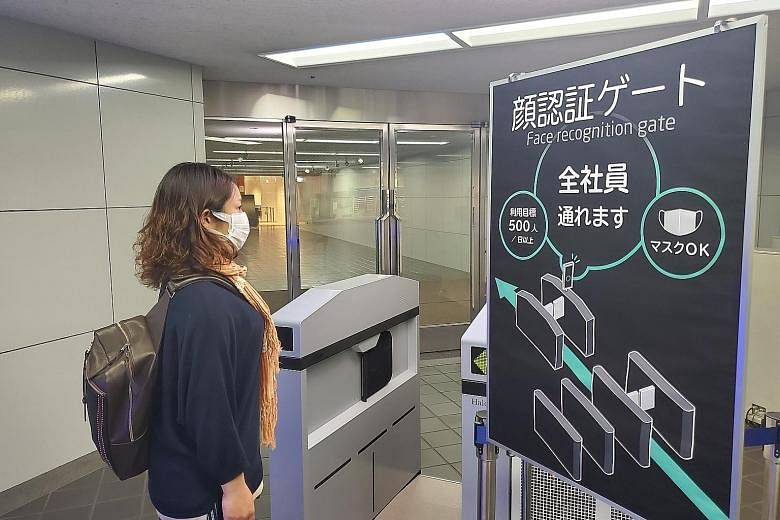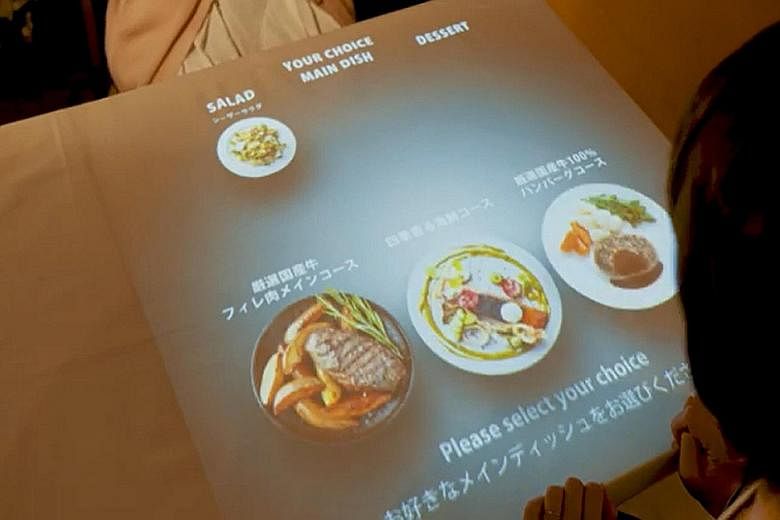Japan Inc is poised to ride the wave of anxiety over touching surfaces that has arisen with the coronavirus pandemic, as hygiene concerns fuel demand for touchless technology.
Japan owns about half the global market share in the sensors market, and Covid-19 has given contactless technology new impetus even if some of the innovations were built with an eye to raising productivity and easing manpower concerns.
The high-tech war against the coronavirus is taking centre stage with Prime Minister Shinzo Abe having declared a state of emergency in seven prefectures - Tokyo, Chiba, Saitama, Kanagawa, Osaka, Hyogo and Fukuoka - until May 6.
Hokkaido announced its own emergency decree for a second time amid a second wave of cases, while Aichi, Gifu, Ichikawa and Kyoto have also declared their own state of emergency.
The unfurling crisis has led Japan to boot up its latest supercomputer, Fugaku, the successor to the K Computer that was once the world's fastest, the Nikkei reported.
While it is still under development, Fugaku will be used to find clinical treatments for Covid-19 from about 2,000 existing drugs, some of which are not being considered for clinical trials.
Among the new technology that has been rolled out is what has been branded as "elevators of enhanced public hygiene" by lift maker Fujitec. Launched on April 1, the model comes with an optional add-on contactless panel feature that taps infrared sensor technology to detect a user's destination floor when they hover their hands over the dashboard. This was targeted at hospitals and food manufacturers, but the company has reportedly been receiving more inquiries for general office buildings.
The new model also comes with basic functions like anti-bacterial lift buttons and a congestion indicator that shows how crowded an elevator is, which Fujitec said "will help users give consideration to social distancing".
IT services conglomerate Fujitsu, meanwhile, is conducting a three-month field trial, ending on May 25, of a contactless, multi-biometric authentication and payment system.
It has tied up with convenience store operator Lawson to open an outlet at its office in Fujitsu Shin-Kawasaki Technology Square that has no checkout counters.
Registered customers make payments using palm-vein authentication and facial recognition technology, and cameras are used to track customer movement in-store and weight sensors to identify the products that are taken. Payment is automatic when customers leave.

Fujitsu aims to commercialise the multi-biometric authentication technology by March next year, including age verification systems so that products like alcohol and tobacco can still be sold in such stores, the company said.
Another firm with ongoing field trials is NEC, which on March 23 installed at its headquarters in Tokyo security gates that do not require people to remove their masks or sunglasses - and hence touch their faces. They do not even have to tap their employee ID card.
Artificial intelligence is used to reference the exposed part of a face against a database of registered images. The company, a world leader in facial recognition whose technology is being used in airports worldwide, hopes to launch the system by September.
"Once a face is detected, the technology determines whether a mask or other forms of concealment is being worn, and then performs authentication based on the exposed part of the face," Mr Michitaka Yamada, of NEC's digital platform division, told The Straits Times.
The trigger behind the technology had not been Covid-19, he said, but because of the wide use of masks in Japan especially in the winter and hay fever seasons.
It was also not the coronavirus, but Japan's manpower shortage in the food and beverage industry, that led Toshiba subsidiary Toshiba Tec to develop a sensor-based tabletop restaurant menu last year.
A proof-of-concept prototype has been completed where menu items, in their actual serving size, are projected directly onto the table, and orders taken via sensors.
"This is more hygienic as there will be no need to touch any paper or tablet menus," Toshiba Tec spokesman Kenichiro Sano told The Straits Times, adding that as a form of entertainment, the cooking process can be projected onto the table during the wait.













